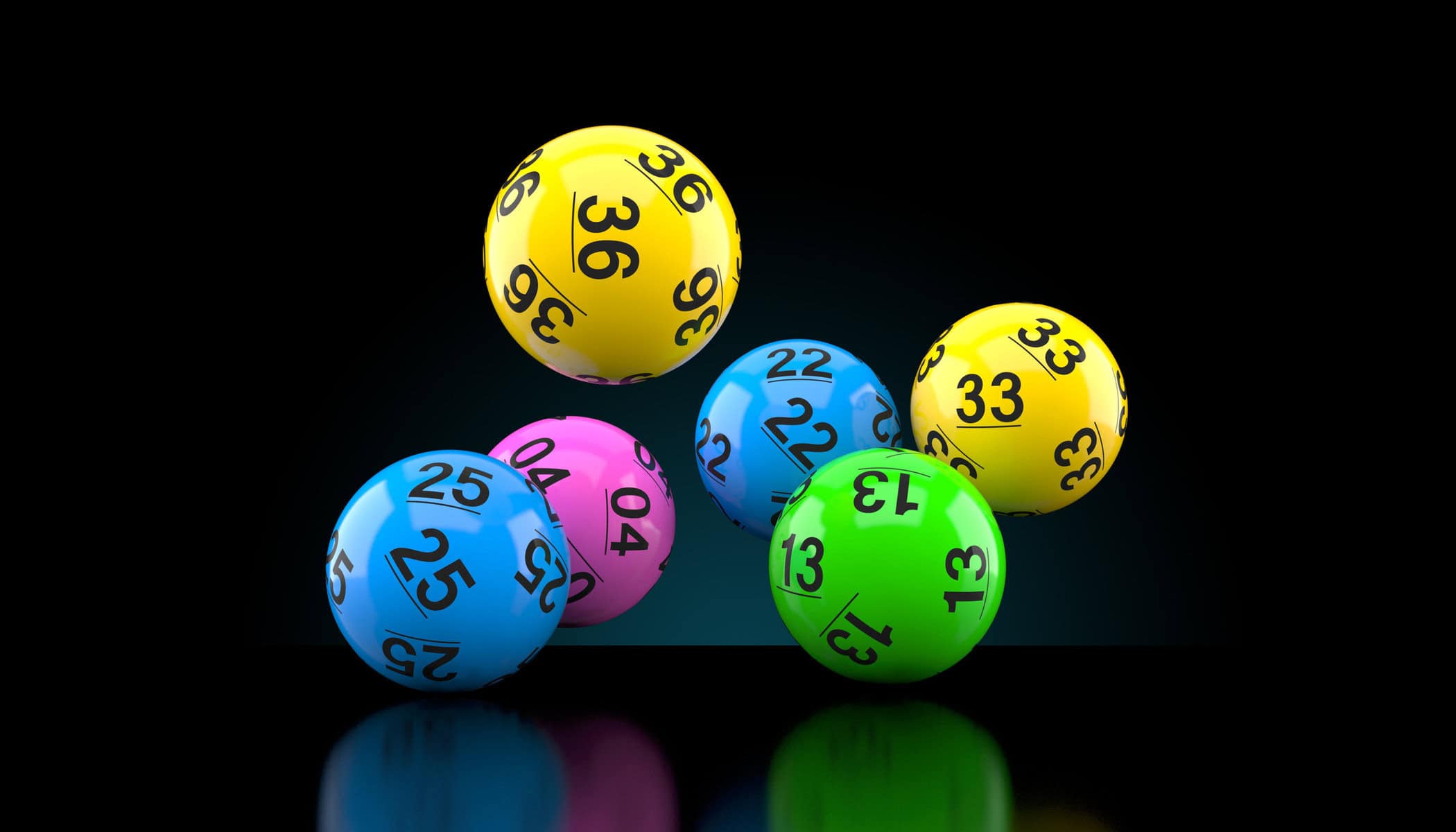Lottery draws have long captivated the imagination of millions around the world, offering a tantalizing chance at fortune with just a simple ticket purchase pengeluaran cambodia. This article delves into the mechanics of lottery draws, their historical evolution, the psychology behind their popularity, and the impact they have on society.
Understanding the Mechanics of Lottery Draws
At their core, lottery draws are games of chance that involve selecting a set of numbers within a predefined range. Participants purchase tickets bearing their chosen numbers, and during the draw, a random selection of numbers is made. The winners are those whose numbers match the drawn numbers, often resulting in significant cash prizes.
There are various types of lottery draws, including:
- Traditional Lotteries: These involve drawing numbers from a machine or a drum containing numbered balls. Examples include Powerball and Mega Millions in the United States.
- Instant Win Games: Players scratch off a card or reveal numbers to see if they’ve won, such as scratch-off tickets.
- Raffles: Participants buy tickets for a specific drawing, and winners are determined by a random selection.
- Online Lotteries: With the rise of technology, many lotteries now offer online participation, making it more accessible for players.
A Brief History of Lotteries
The concept of lotteries dates back centuries, with evidence of their existence in ancient cultures. The first recorded lottery was held in China during the Han Dynasty (205-187 BC), and it was believed to have helped fund major government projects. Lotteries also appeared in Europe in the late 15th century, with the first modern state lottery being established in Flanders.
Throughout history, lotteries have served various purposes, from funding public works to providing relief in times of crisis. For example, in the United States, lotteries were instrumental in funding the Revolutionary War and later played a role in financing the construction of the country’s infrastructure.
The Psychology Behind Lottery Draws
The appeal of lotteries can be attributed to several psychological factors:
- Hope and Dreams: The possibility of a life-changing win ignites hope and fuels dreams of a better future. For many, purchasing a lottery ticket is an act of optimism.
- Social Proof: Stories of big winners often circulate in the media, creating a sense of social proof. When others win, it reinforces the belief that winning is possible, encouraging more people to participate.
- Escapism: Playing the lottery can provide a temporary escape from the stresses of daily life. It offers a chance to fantasize about wealth, success, and freedom.
- Low Risk, High Reward: The relatively low cost of a ticket compared to the potential reward makes lotteries an enticing option for those seeking a financial windfall.
Societal Impact of Lottery Draws
Lotteries have significant economic implications. They generate substantial revenue for governments, which can be reinvested into public services such as education, healthcare, and infrastructure. In some regions, lotteries contribute to social programs aimed at improving the quality of life for residents.
However, the social impact of lotteries is a double-edged sword. Critics argue that they can disproportionately affect low-income individuals who may spend a larger portion of their income on tickets, potentially exacerbating financial difficulties. Additionally, the addictive nature of gambling can lead to problematic behaviors in some individuals.
The Future of Lottery Draws
As technology continues to advance, the future of lottery draws is likely to evolve. The integration of mobile apps and online platforms will make participation even more convenient. Furthermore, innovations such as blockchain technology could enhance transparency and security in the drawing process, building trust among participants.
